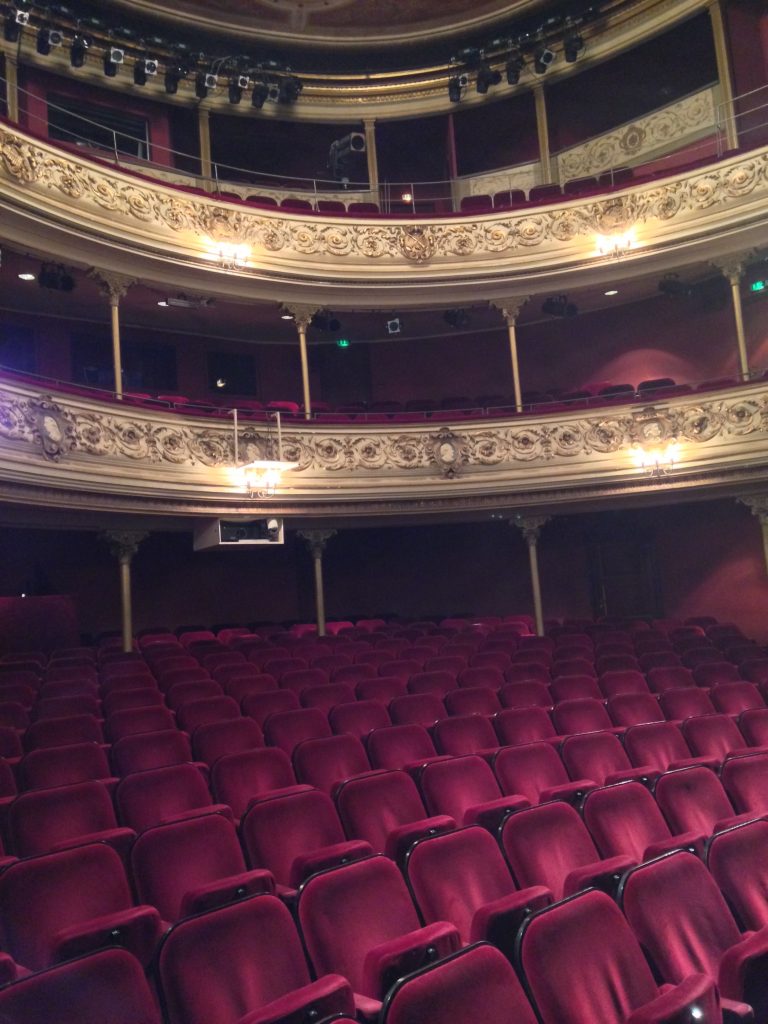by Dill Tootill
Covid-19 has seen the world hold its collective breath with the confusion of the present and concern for how the future will be shaped. Countries have taken vastly different measures in tackling the crisis: from the laissez faire features of Brazil’s lack of intervention, to America’s anxiety ride of resistance towards offering any substantial help to workers. Yet, as Europe progresses in its reopening of industry, at the forefront of praise throughout the process of the pandemic has been Germany.
One sector which has continued to suffer through an absence of normality has been the Arts sector. Theatre spaces have had their lungs emptied of life, with performers left to deliver to empty auditoriums. Such a shift means that the financial viability of the arts has all but vanished. Yet support survives. Donations from patrons and early intervention from the German government has ensured theatres short term survival. Over Ôé¼1bn (┬ú896m) has been set alongside a continued furlough scheme for workers across the arts sectors. While not a permanent solution, it is a welcome necessity and can go some way too preventing the dilution of the arts.
German culture is enshrined in the arts. Their architecture, an art form in and of itself, often finds itself as home to members of the creative industry. Cuddled walls of intimate red surprise the interior of the white bricked epic which is Deutsches Theatre providing that the arts are not bound only by the performances they provide but extend to their grandiose locales. Visual spectacles reveal themselves across each step or hushed seating. The Deutsches Theatre takes host to not only powerhouse shows but also to the festival of contemporary drama known as the Autorentheatertage. Theatre thus has been pivotal in providing platform’s to fresh talent, prominent pillars of German art, and to inspire the society they serve.

Furlough has become possibly the ÔÇÿit’ word of 2020 working life. With swarths of the globe confined to their homes, economically strong nations have for the most part attempted to implement some semblance of government supported furlough for employees. Where nations have failed though have frequently been with the self-employed, as members of the arts community usually comprises of. Yet Germany is different. Part of their theatres culture is “a German tradition of an ensemble of actors tied with them”, as is told to the Guardian by artistic director of the Berliner Ensemble Thomas Ostermeier. The economy of ensuring workers are provided for is therefore streamlined in no small thanks to the loyal nature of the German people. German theatre is less a rotatory of talent, more so a foundation built on continued companionship and loyalty.
Yet the arts are not only about their form, nor their achievements. It is about the small successes they provide their creators, performers, or technicians. It is these contributors, and many more, who pour themselves into the achingly extensive industry of German creativity. Without the security which the German Arts fund provides, Germany would have exhausted yet more loss within their tragedy-stricken country. At the very least they have prevailed in retaining life in more ways than one. if at some sacrifice. The theatre going experience is now having to secure itself as is the case with all business. Social distancing is a current must, as is the self-isolation of those infected and while the finite funds will look to support as many theatres as possible it is inevitable that some small-town theatres have suffering to come. Endurance of the arts is paramount. Though as the pandemic has shown thus far, Germany is consistently persistent with how she endures.


